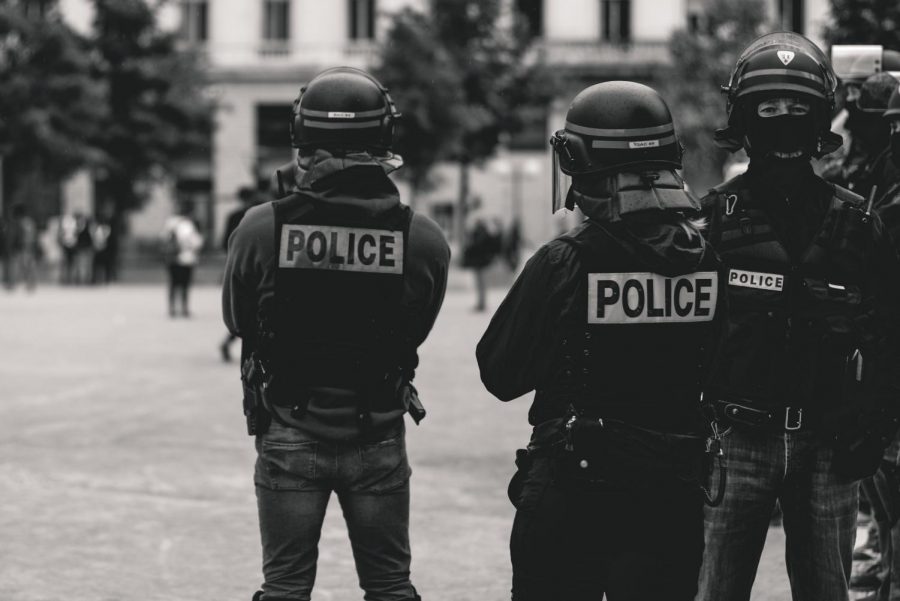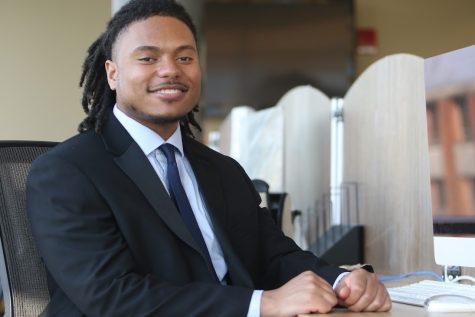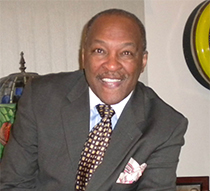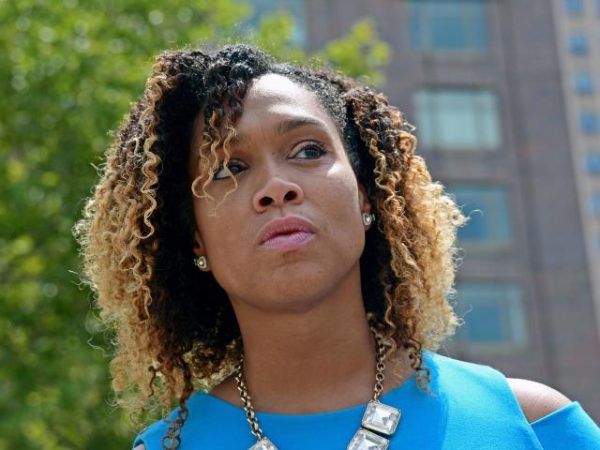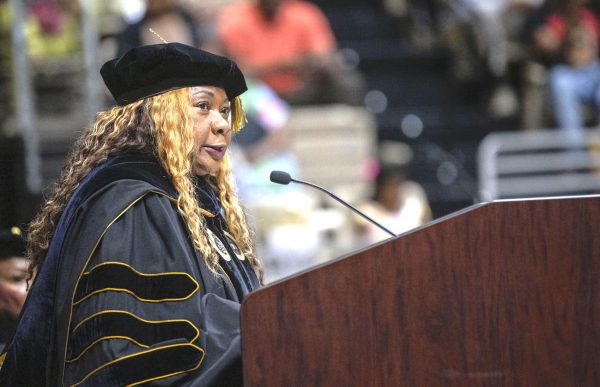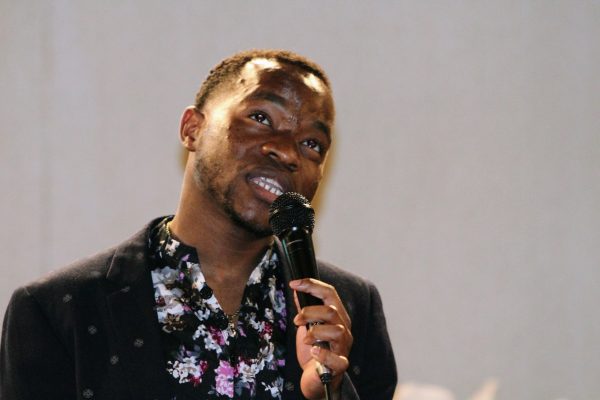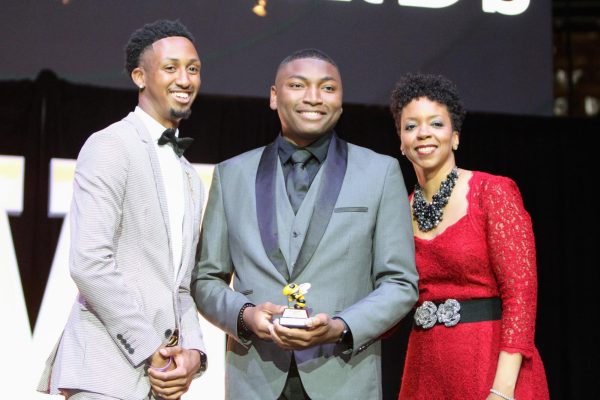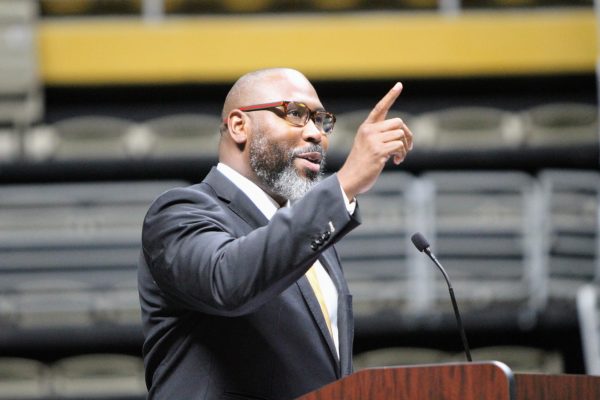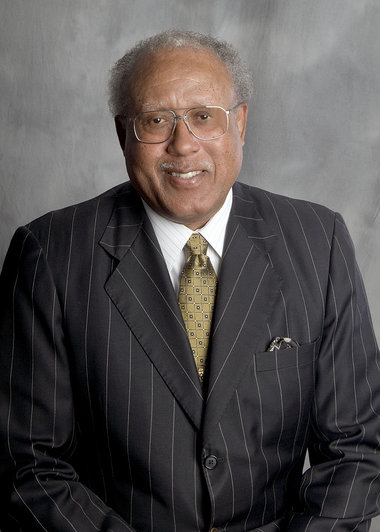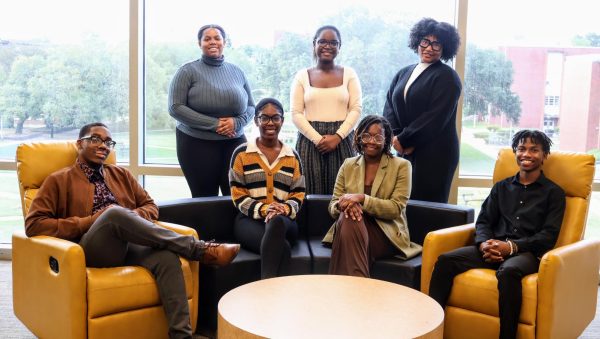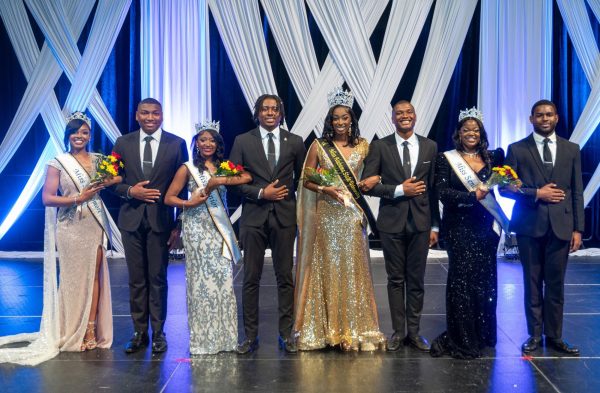Column: Police officers should be held accountable for wrongful killings
September 18, 2021
Far too often, the badge of a police officer is held in higher regard than the lives that they are sworn to protect. In most professions, a person does not have the opportunity to take a life at any time. Some may suggest that it is too much power for one person. I would argue that it is less about the dynamic of power and more about the responsibility of the person wearing the badge.
Police and wrongful killings have been intertwined for some time now, and race has been at the center of many of the wrongful killings in this country. We are a little over a year removed from the summer of 2020, a summer highlighted by the horrific murders of Breonna Taylor and George Floyd and the protests that followed in their names.
The expectation was that the officers would get charged and sentenced for their murders, but because of the badge, they seemed to evade responsibility. Eventually, Derek Chauvin, the officer who kneeled on the neck of a helpless Floyd for 9 minutes and 29 seconds, was sentenced to 22.5 years in jail on charges of second-degree unintentional murder, third-degree murder and second-degree manslaughter. Unfortunately, none of the officers involved in Taylor’s murder were indicted for any charges related to her death.
Despite the video evidence of Floyd’s death being circulated all over social media, many were on the edge of their seats, awaiting the trial results. This type of reaction results from countless former trials ending with officers getting off with no more than a slap on the wrist. Law enforcement is the only occupation I know of where you can murder someone in cold blood and still walk away a free man. Some excuses we hear from those officers are, “I feared for my life,” or “I thought he was reaching for a weapon.” The reigning theme is that officers are able to make excuses in order to escape accountability for their actions. Research done by Philip Matthew Stinson, a criminal justice professor at Bowling Green State University, showed that since 2005 “at least 140 law enforcement officers have been arrested on murder or manslaughter charges related to on-duty shootings in the nation. From that pool, about a third were convicted on any charges.” This is not the worst of it. Stinson also found that, “Seven officers — just 5% — have been convicted of murder during that same time frame.”
With such lopsided statistics, the idea of police protection by the judicial system does not seem too far-fetched. Stinson says it perfectly: “It’s [officers being convicted] rare because the juries are very reluctant to second guess and judge the actions of on-duty police officers in violent street encounters.” Consistently giving officers the benefit of the doubt leads to them taking advantage of the system.
Another example of this is the murder of Philando Castile in 2016, which started out as a routine traffic stop for a broken taillight. Officer Jeronimo Yanez had been suspicious of Castile, who he believed matched the description of a robbery suspect. The officer asked Castile for his identification and insurance, but the situation escalated quickly when Castile informed Yanez that he was carrying a licensed firearm. Yanez began to panic, and when Castile reached for his license, the officer shot him multiple times. When more officers and paramedics arrived on the scene, Yanez stated his reason for shooting was because he was nervous that Castile was reaching for his gun.
Despite the full encounter being filmed and Yanez being charged with second-degree manslaughter and endangering safety by discharging a firearm in the shooting, he was found not guilty on all counts on June 16, 2017. These types of cases should not happen in a just society, but there are far too many instances of their occurrence.
Until society holds police officers accountable for the motto that they swear to, “Protect and Serve,” nothing will change. Outrage will continue, and the police-civilian dynamic will continue to worsen.


